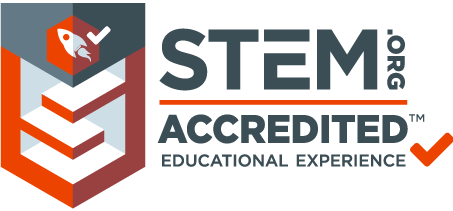As a kid, what did you dream of?
Did you dream of becoming a scientist? Or how about a marine biologist? Or a robotics engineer? Or an entrepreneur? Or did all of these sound farfetched and you simply wanted to play with your friends all the time? Because frankly, I feel that’s what kids think about all the time. “When is my next playtime?” I’m sure you and I as a kid thought of playtime, almost always. Didn’t we? Don’t you feel nostalgic about saying, “Ma, I finished my homework, I’m going to play”, “Papa, I finished cleaning my room, I’m going to play”. We all did because of the feeling of playing with children of the same age group was not just comfortable, but also super fun.
Now imagine, on another day while you were playing, your friend brought a new colourful gadget and introduced you to a brand new game. While playing with these gadgets, your friend thought you how Newton discovered gravity, how electromagnets work or pointed out instances in everyday life where you can see potential energy getting converted into kinetic energy? Wouldn’t it stay with you longer as compared to your teacher teaching you on a black board? Maybe you remember it until today because you didn’t really mug up all theories, discoveries and inventions. You actually understood and wrote it all by yourself and in your own words and not studied it from a textbook.
“The education system needs to change” This is a line I’ve been reading since the beginning of my school days. But not much has changed since. It’s still the same bureaucracy, the same syllabus, the same cramming up of lines from textbooks. But will there be any change if we keep complaining or do we wish to change what’s in our capacity is a question to be pondered upon.
A million children in India today are studying science and maths more practically than others. And these children come from the most underprivileged parts of the entire nation. Yes, you heard it right. Stem Learning has brought in a wave of changes we want to bring in the education system, one step at a time.
A kid will understand how a motor works only when he/she breaks and rebuilds a motor, and not by watching a video, and that hands-on experience is what will make him/her technically expert years later. That’s why the philosophers warn us not to be satisfied with mere learning but to add hands-on practicality with training. For as time passes, we forget what we have merely learnt and remember only what we have touched, experimented with, and had fun while learning.

About Author: Aishwarya K has total work experience of 3 years in corporate world. She loves to train teachers. He is working with STEM Learning from last 1 years

